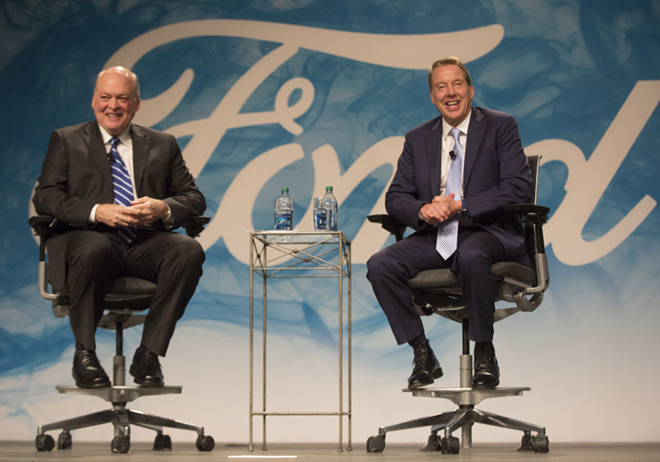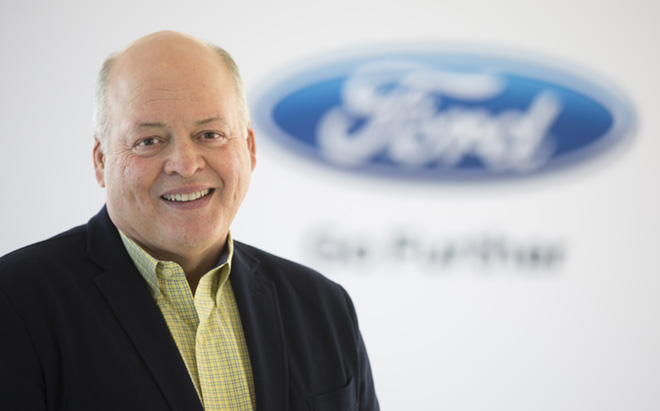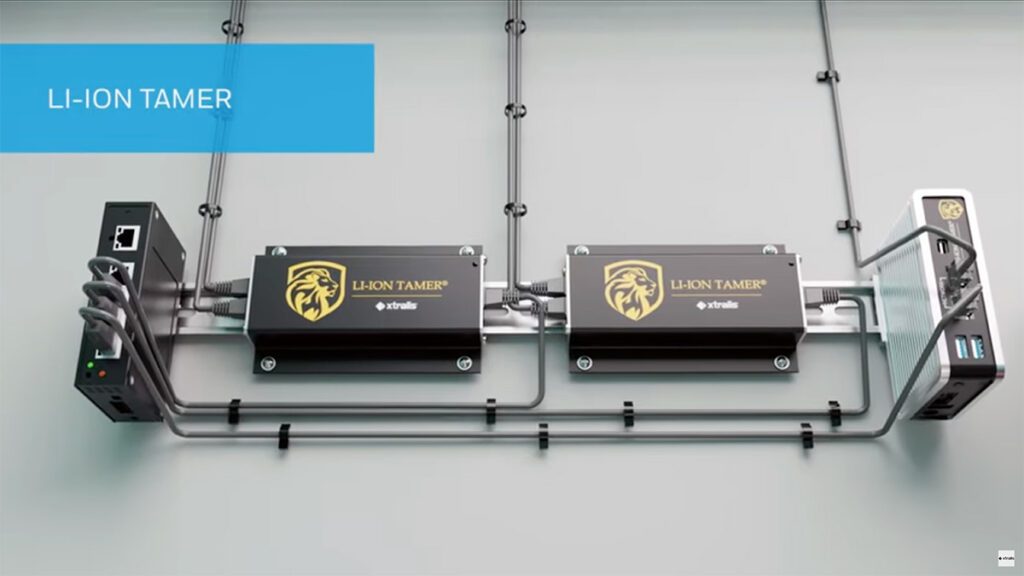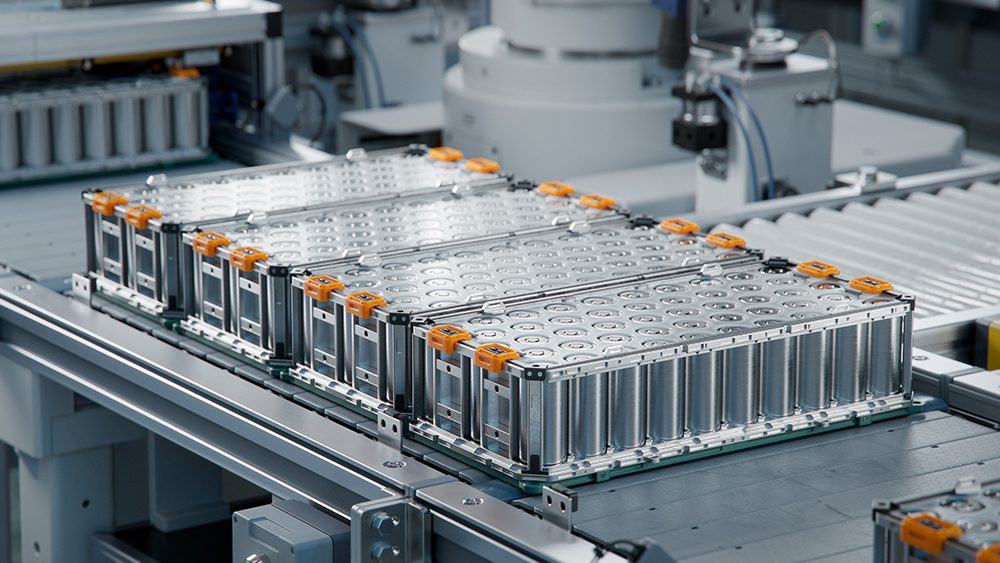Ford has replaced CEO Mark Fields with Jim Hackett, the head of the company’s Smart Mobility division. The company also appointed a new executive in charge of “strategy and business model development for electrified vehicles and autonomous vehicles.”
The buzz in the media is that the new regime will put more emphasis on electric and autonomous vehicles, an area where Ford has been a laggard. Its two plug-in hybrid models, the Focus Energi and C-MAX Energi, have enjoyed respectable sales, but the Focus Electric has been treated like a red-headed stepchild – it wasn’t updated until its sixth year, and it has fallen far behind competitors such as the Nissan LEAF and the new Chevrolet Bolt.
In January, Ford announced plans to launch an electric SUV with 300 miles of range, along with hybrid versions of the F-150 pickup and the Mustang, but it has released no details. The company’s most aggressive plug-in push so far is taking place in China, where it says 70 percent of its vehicles will be hybrid or electric by 2025.
Ford’s market share and stock price have both eroded since Fields took over from Mulally in 2014, but a lack of EV sales is unlikely to be the cause. Many in the media seem to believe that Fields was replaced partly because he was moving too slowly on electrification and autonomy, but others aren’t so sure.

“Ford has no plausible approach towards mobility and e-vehicles yet and lags behind GM in that respect,” said Professor Christian Stadler of the Warwick Business School, “but the crucial point is that changing the CEO is not likely to change this.”
However, the “Fields out, EVs in” narrative is not idle speculation – it comes straight from the source. In an interview, Ford Executive Chairman Bill Ford told Bloomberg that the CEO switch “is about EVs, and it’s about AVs.” Mr. Ford did not announce any specific plans, but outlined a gradual, profit-driven transition to the new order.
Bloomberg’s presenter pointed out the problem that Ford and the other legacy automakers face: they’re raking in money on trucks, and will find it hard to invest in EVs, which currently generate little or no profit. “Wherever we go, we have to make sure that the returns are great for our shareholders,” Ford acknowledged. When asked if he could foresee a future in which EVs would generate the kind of margins the company makes on the F-150, Ford thought silently for a moment, then changed the subject.
And there, dear readers, is the classic Innovator’s Dilemma. Leaders of incumbent industries aren’t blind – Bill Ford can see the handwriting on the garage wall as well as the rest of us – but they can’t keep up with disruptive technological changes, because their shareholders demand quarterly profits. That means investing in proven profit centers, not money-losing new markets. Meanwhile, startups (Tesla) lose millions every quarter, but their investors don’t care, because they’re building the market that will eventually take the incumbents down.
Source: Forbes, Electrek, Green Car Reports, Bloomberg




















































































